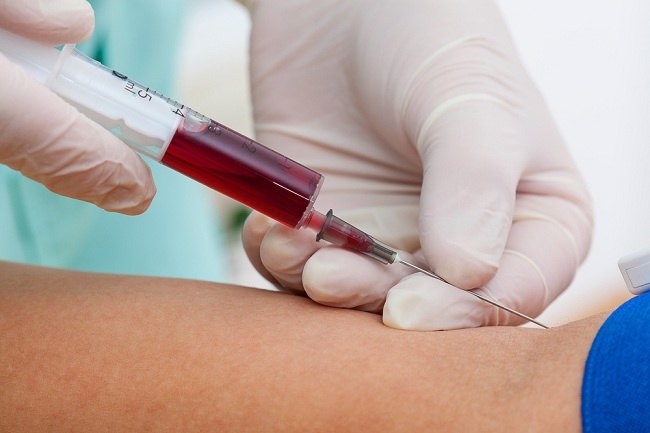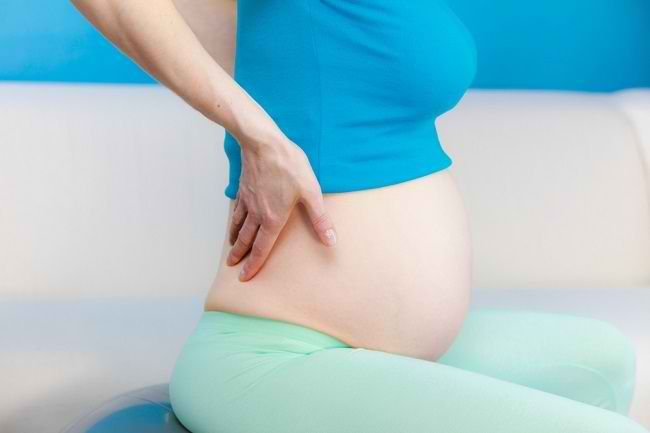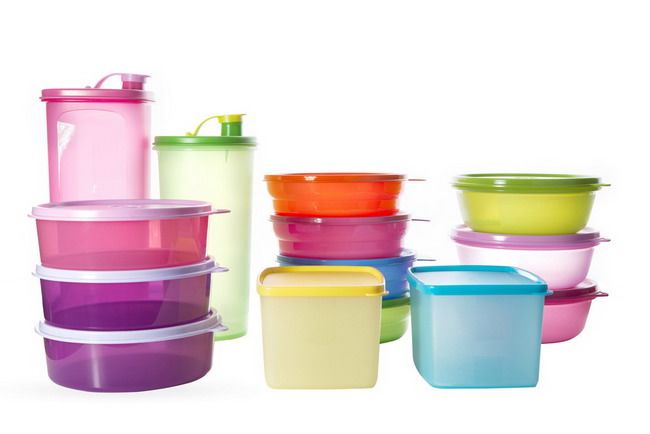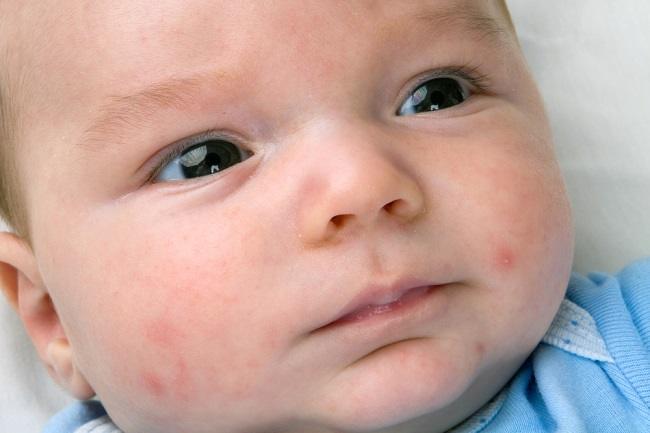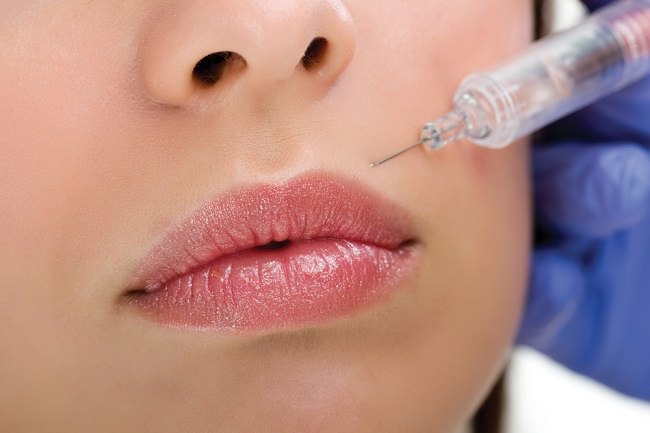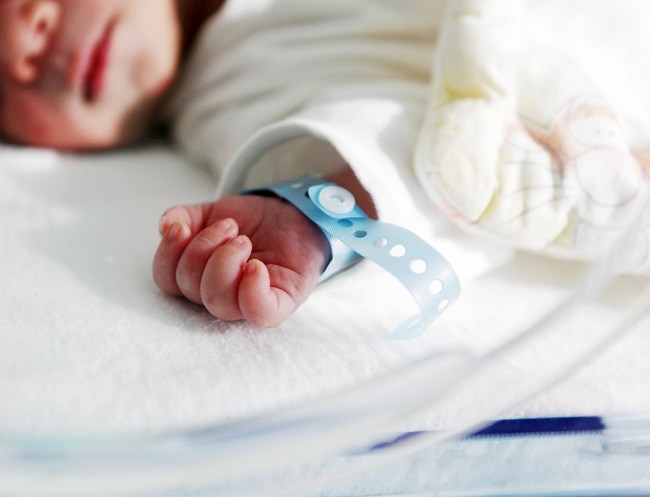Generally evaluation healthy babies judging by their weight. However, weight gain in infants is notlahthe only benchmark of a healthy baby condition. There are several other signs that it is important for you to recognize as a sign of a healthy baby.
A fat baby does look adorable, and is often the benchmark for a healthy baby, but that's not necessarily the case. The condition of a healthy baby can be measured in various ways. Starting from the baby's weight gain, to social skills in interacting with other people. To determine whether the baby is in good health, the baby's condition needs to be considered from various sides.

Easily Recognize the Characteristics
Here are ways you can do to recognize the characteristics of a healthy baby:
- Experiencing weight gain
Weight gain is a sign that the baby is growing healthy. Gradually, the baby's weight will continue to increase with age. You should regularly check your health to the doctor to know the growth and development properly, including information on weight gain. From birth to 6 months of age, the baby's expected weight gain ranges from 150-200 grams per week, and 85-140 grams per week for infants aged 6-12 months.
- Calm when you are near your parents
The intensity of crying newborns is fairly frequent, because crying is one of the easiest ways of communication for babies. When the baby cries, give a gentle touch and invite the baby to talk like when he was still in the womb. This can make the baby feel calmer knowing that you are beside him. The attitude of the baby who begins to calm down when you are near can also be a sign that the baby is healthy because his emotional development is developing well.
- Interested in the world around him
When a new baby is born, at least 16 hours of time is only spent sleeping and every 2 hours for breastfeeding. This habit will change with age. When entering the age of 1 month, babies have started to wake up often and are starting to be interested in what is around them. He will look quiet and start paying attention to the face or object you are holding. In fact, babies are trying to get to know the new world and digest the new information they see. This baby's interest occurs when the eye muscles begin to be controlled and see things more clearly.
- Listening to the voice that is heard
Actually healthy babies can hear since birth, but it takes several weeks for him to filter out the sounds he hears. When his hearing has begun to develop, the baby will begin to choose which sounds attract his attention and which don't. The sound of a sibling or father laughing merrily and the sound of music, may be sounds that can attract a baby's attention. If you notice your baby reacting to certain sounds and looking for the source of the sound, this is a sign that his hearing is working properly.
- Can interact with other people
Babies aged 1 month, can already make eye contact with others, including imitating some of the movements you do. The ability of this healthy baby will continue to develop. Then at the age of 2 months, he began to smile when spoken to or joked. At the age of 4 months, the baby's development has reached the stage of responding with a laughing expression. Then when he is 7 months old, you will find that your little one can interact with other babies, such as grabbing something that is being held or imitating other babies' voices. All interactions that the baby does are a sign that the baby is healthy and is more familiar with the conditions of the surrounding environment.
- Babies can hold their own weight
At the age of 1 month, generally healthy babies can hold their own head even if only briefly. Then the baby is 3 months old, the ability to lift his head will continue to develop. When this can be done, the baby's muscles are actually being stretched to develop. This stage is the stage of infant development before being able to lie on his stomach, roll over, sit and stand.
Healthy babies tend to have growth stages that continue to develop with age. You as a parent must support the stage of growth and development with nutrition and stimulation to maintain the health of the baby. If necessary, consult a pediatrician to monitor the growth and development of a healthy baby.
